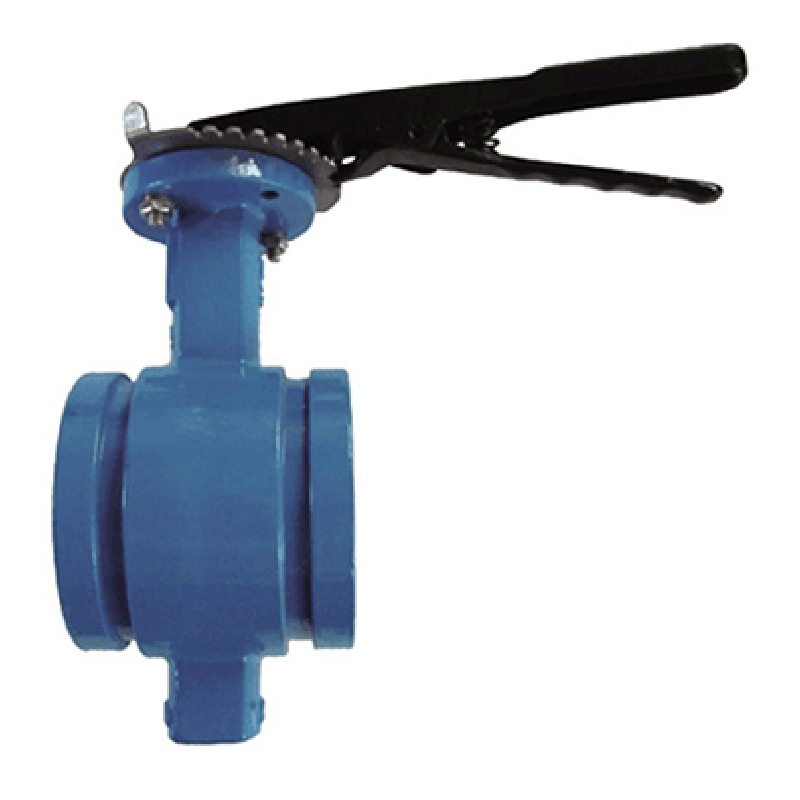10 月 . 02, 2024 10:24 Back to list
Pneumatic Actuated Ball Valve for Efficient Fluid Control Systems
Exploring the Benefits and Applications of Pneumatic Ball Valves
Pneumatic systems play a crucial role in various industrial applications, and one of the key components that ensure their efficiency and reliability is the pneumatic ball valve. These valves are designed to control the flow of gases and liquids in a variety of settings, making them an indispensable part of systems that require precise fluid management.
What is a Pneumatic Ball Valve?
A pneumatic ball valve is a type of quarter-turn valve that uses a spherical disc to control flow. The ball has a hole through the center, allowing media to flow through when the valve is in the open position. When turned, the ball obstructs the flow, effectively shutting the valve. Pneumatic ball valves are actuated by pneumatic actuators, which use compressed air to move the valve from open to closed positions or vice versa.
Advantages of Pneumatic Ball Valves
1. Quick Operation One of the primary benefits of pneumatic ball valves is their ability to open or close swiftly, often within seconds. This rapid response is essential in applications where immediate action is required, such as in emergency shut-off situations.
2. Durability and Reliability Pneumatic ball valves are constructed from robust materials such as stainless steel, brass, and carbon steel, designed to withstand high pressure and various environmental conditions. This durability contributes to a longer service life and a reduced likelihood of failure, which is crucial in maintaining operational efficiency.
3. Low Maintenance These valves require minimal maintenance compared to other valve types. The simple design of the pneumatic ball valve, coupled with its self-cleaning feature, often translates to fewer operational issues and reduced maintenance costs.
4. Tight Sealing Pneumatic ball valves offer an excellent sealing capability, which minimizes leakage. This feature is particularly important for industries handling volatile substances or fluids under pressure, ensuring safety and compliance with regulatory standards.
5. Versatility Pneumatic ball valves can handle various media, including gases, liquids, and slurries, making them suitable for multiple applications across different industries. They can be designed to meet the specific needs of a given process, enhancing their adaptability.
pneumatic ball valve

Applications of Pneumatic Ball Valves
Pneumatic ball valves find applications in numerous sectors, including
1. Oil and Gas In the oil and gas industry, these valves are commonly used for controlling the flow of crude oil, natural gas, and refined products. Their rapid response time and reliability are essential for maintaining safety and efficiency in operations.
2. Water Treatment In water treatment facilities, pneumatic ball valves regulate the flow of water and chemicals, contributing to the purification process. Their capacity for tight sealing and control helps maintain the quality of treated water.
3. Food and Beverage The food and beverage industry utilizes pneumatic ball valves to manage the flow of liquids, gases, and slurries involved in various processes, including mixing, cooking, and bottling. Compliance with food safety regulations necessitates the use of high-quality, reliable valves.
4. Chemical Processing These valves are crucial in chemical processing plants, where they control the flow of reactive and potentially hazardous substances. Their robust construction ensures safe handling and reduces the risk of leaks and spills.
5. Pharmaceuticals In pharmaceutical manufacturing, the precision of pneumatic ball valves ensures accurate dosing and mixing of ingredients. Their easy cleanability and ability to maintain sterile conditions are vital for compliance with industry standards.
Conclusion
Pneumatic ball valves are essential components in many industrial applications, providing advantages such as quick operation, durability, low maintenance, tight sealing, and versatility. As industries continue to advance, the demand for efficient and reliable flow control solutions will only increase. By understanding the benefits and applications of pneumatic ball valves, companies can make informed decisions that enhance their operational effectiveness and contribute to safer, more efficient processes. Whether in oil and gas, water treatment, food production, or pharmaceuticals, the role of pneumatic ball valves is undeniable in driving industrial progress.
Share
-
Understanding the Differences Between Wafer Type Butterfly Valve and Lugged Butterfly ValveNewsOct.25,2024
-
The Efficiency of Wafer Type Butterfly Valve and Lugged Butterfly ValveNewsOct.25,2024
-
The Ultimate Guide to Industrial Swing Check Valve: Performance, Installation, and MaintenanceNewsOct.25,2024
-
Superior Performance with Industrial Swing Check Valve: The Essential Valve for Any SystemNewsOct.25,2024
-
Industrial Swing Check Valve: The Ideal Solution for Flow ControlNewsOct.25,2024
-
You Need to Know About Industrial Swing Check Valve: Functionality, Scope, and PerformanceNewsOct.25,2024